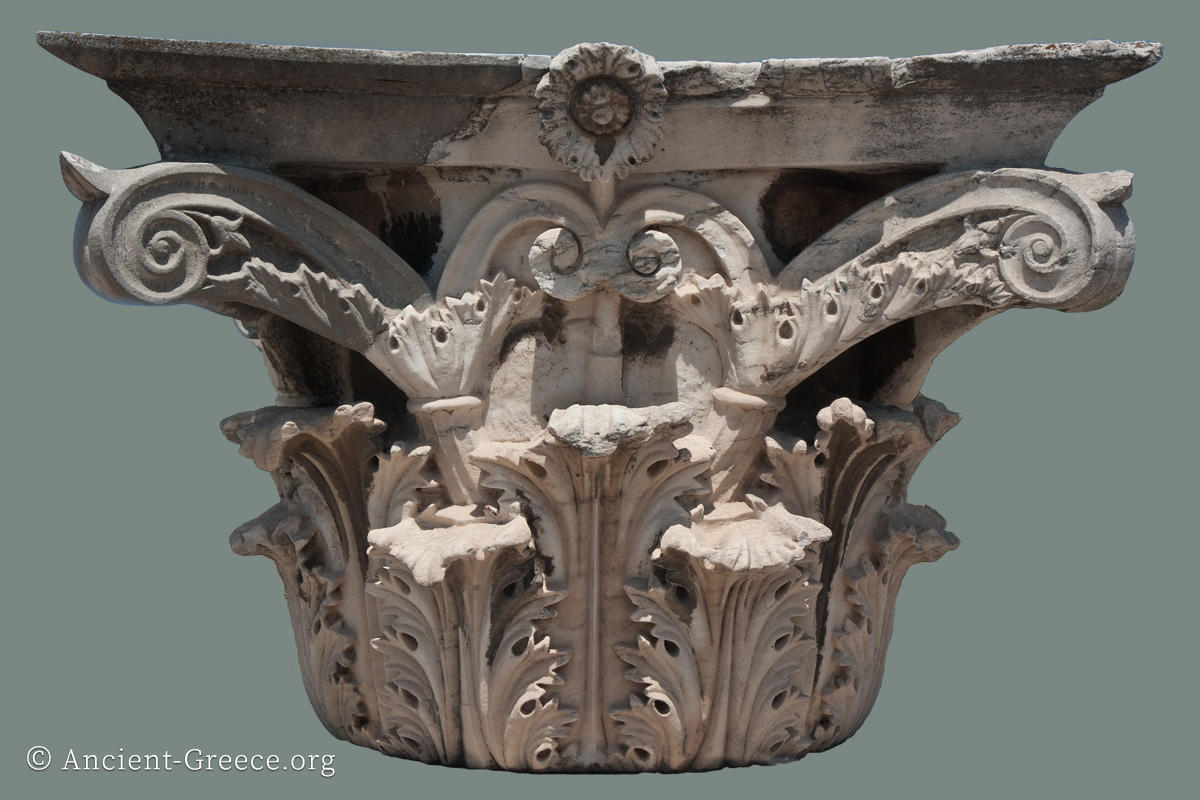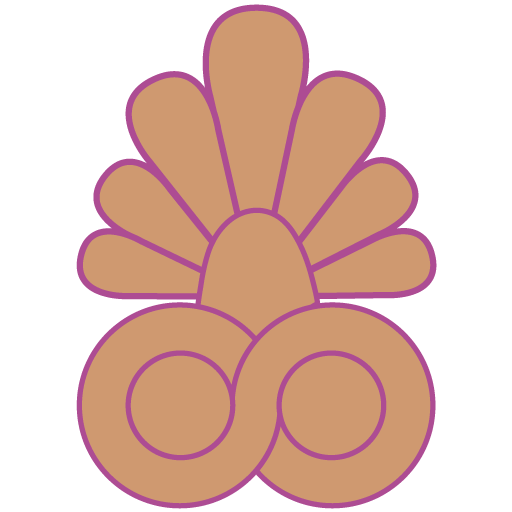In Classical Greece it functioned as the headquarters of the 50 Prytaneis (Executives) of the Boule (the Council of the Citizens). One Prytanes was chosen by sortition from the ten tribes of Athens, and served for one tenth of the year.
Prytaneis conducted the daily business of the state, and they formally called the meetings of the Boule and the Ecclesia of Athens, as well as supplementary meetings when necessary. They also received foreign ambassadors. Each day, one member of the Prytaneis was selected by lot to serve as Epistates (foreman or Chief Executive of the state) and to chair the meetings of the Boule and Ecclesia. Athenians could only serve as Epistates only once in their lifetime.
The Tholos served as dining place where the Prytaneis were fed at public expense. A group of no less than seventeen Prytaneis would reside in the Tholos overnight to deal with any potential emergencies. As such, the Tholos represents the pivot point around which Athenian Democracy revolved.


